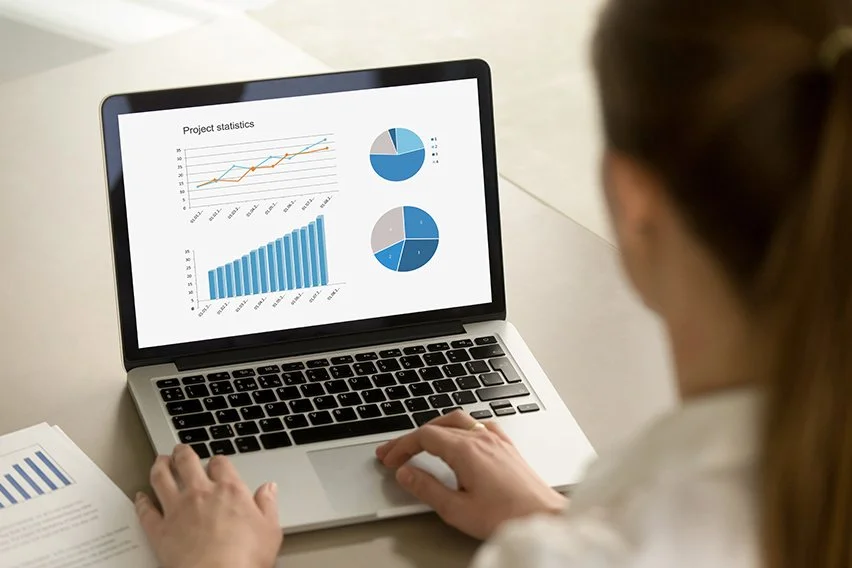Accounting software helps you keep tabs on what you owe, manage invoices, create budgets and categorize expenses – as well as managing vendor contacts – in an organized fashion. Most such systems offer monthly recurring billing plans rather than charging an upfront licensing fee.
Look for an accounting program that meets the unique requirements of your company, taking into account factors like flexibility, scalability and functionality.
Cost
There are various accounting software solutions available, from inexpensive programs that manage basic accounting tasks to more sophisticated systems offering automated invoices and payment reminders, some even linking directly with bank accounts so customers can pay online. These tools can reduce time spent collecting payments and bank reconciliation while simultaneously improving security and data continuity; features also include recurring billing, inventory tracking and label printing to calculate and bill for shipping costs.
An effective accounting software enables businesses to streamline manual processes and focus on activities that add real value. Furthermore, having the appropriate accounting software enables businesses to eliminate manual processes while increasing accuracy, speeding decision-making processes and making real-time data more easily accessible. In addition, using accounting software effectively can help companies identify slow and ineffective practices which would otherwise be difficult to spot, as well as boost employee productivity by helping key staff devote less time on redundant tasks and more on strategic initiatives.
Scalability
Accounting software can make your business more productive and profitable, eliminating manual data entry that’s prone to mistakes and delays the process. Furthermore, it reduces time spent on tasks like invoicing and reporting so your employees can spend their time doing more productive work – saving both money and freeing them up for other duties.
Scalability refers to the capacity of a system to function normally when its capacity has been exceeded, whether by an increase in users, storage requirements or number of transactions handled. This may involve accommodating an influx of new users or increased storage requirements or transactions handled.
No matter if your staff are salaried or hourly paid, an accounting software that supports various wage schedules and forms of compensation is indispensable. Furthermore, it must support direct deposit payments which is the preferred payment method among many customers and offer feature-rich reporting functions which can easily integrate with CRM solutions or other information management systems.
Functionality
An accounting program should help you track invoices, record incoming and outgoing payments, project future cash flow projections and generate reports on your financial health. In some programs, they even enable users to print shipping labels with orders or invoices saving both time and money – saving both time and effort! These systems also incorporate encryption protocols with regular automatic backups of data as part of cloud accounting software solutions ensuring security.
An effective accounting system can increase employee productivity and the business’s decision-making by providing real-time visibility into information. It can automate time-consuming processes to be accessible anytime from anywhere – improving accuracy, accountability, collaboration and preventing costly errors and mishaps. Accounting systems also can assist businesses in complying with legal regulations with features like general ledgers, accounts payable/receivable/purchase orders/stock management that support variable pay schedules/direct deposit.
Security
Accounting software handles sensitive financial data that could prove attractive to cybercriminals, making cyber security an absolute priority for accountants, who could suffer reputational and financial harm as a result of breaches in data. Selecting an accounting solution with multi-factor authentication, regular security updates and audit trails is recommended in order to reduce risks related to unintended access.
Another effective way of protecting accounting data is preventing employees from sharing it with unauthorized third parties. The best accounting tools offer features like granular access controls and role-based permissions to limit information sharing, while device control features can include hardware encryption requirements or remotely wiping stolen devices.
Additionally, some accounting software solutions provide users with automated bank feeds and rules, making it simpler for users to import transactions and categorize them – saving both time and money during tax season. Some solutions even provide phone and chat support.





